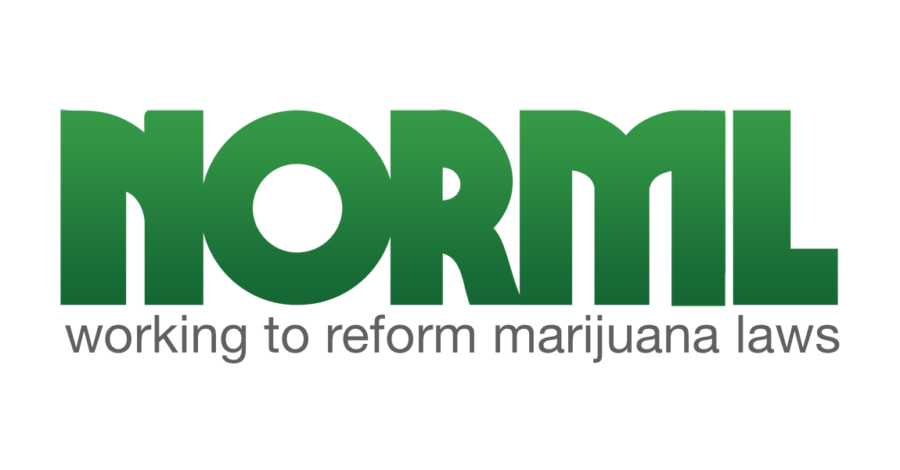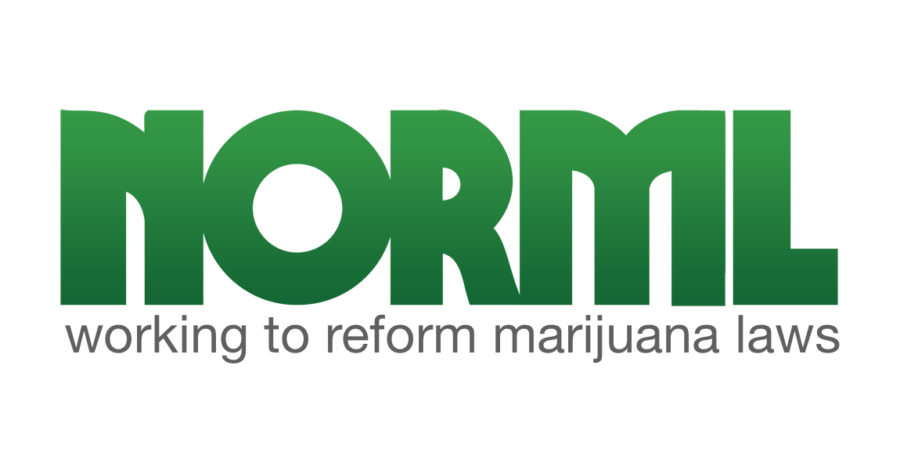
State lawmakers late last week advanced legislation to the Governor’s desk amending marijuana possession penalties and establishing procedures for the automatic expungement of prior, low-level cannabis convictions.
The legislation, Assembly Bill 8420-A, reduces the penalty for minor marijuana possession violations (up to one ounce) to a $50 fine. It also amends penalties for offenses involving the possession of more than one ounce but less than two ounces of cannabis from a criminal misdemeanor to a non-criminal violation punishable by a $200 fine – regardless of an offender’s prior criminal history. Under existing law, the possession of over 25 grams of marijuana is punishable by up to three months in jail.
The measure further amends the classification of offenses involving the use or possession of marijuana in public from a criminal misdemeanor, punishable by up to 90 days in jail, to a fine-only offense. In New York City alone, police typically made tens of thousands of marijuana arrests annually under the ‘public view’ exception. Over 87 percent of those charged with the crime were either Black or Latino.
Finally, A. 8420-A establishes procedures to allow for the automatic expungement of criminal records specific to crimes involving the possession of 25 grams or less of marijuana.
While several lawmakers expressed disappointment that members failed to move forward a more expansive legalization proposal, they acknowledged that the changes proposed in Assembly Bill 8420-A are an important first step. “The drug laws that are currently on the books have devastated our communities by disproportionately targeting people of color, forcing them to live with a criminal record that makes it harder to get a job or find housing,” Assembly Speaker Carl Heastie said in a statement. “Decriminalizing marijuana, paired with expunging records for these low-level offenses, will help undo some of these decades-long injustices, and allow for people to be productive and successful. This is not the final step, but it will lay the groundwork for full decriminalization and legalization in the future.”
A statement issued jointly by various New York NORML affiliates states that the proposed changes fail to either adequately address “the legacy of harm from prohibition and targeted enforcement” or provide “a pathway forward to a more equitable future. … Our legislators and Governor Cuomo have failed in that regard, and have sent a message to New Yorkers that racial and economic justice are not priorities for them.”
The measure takes effect 30 days after it is signed into law by the Governor.















